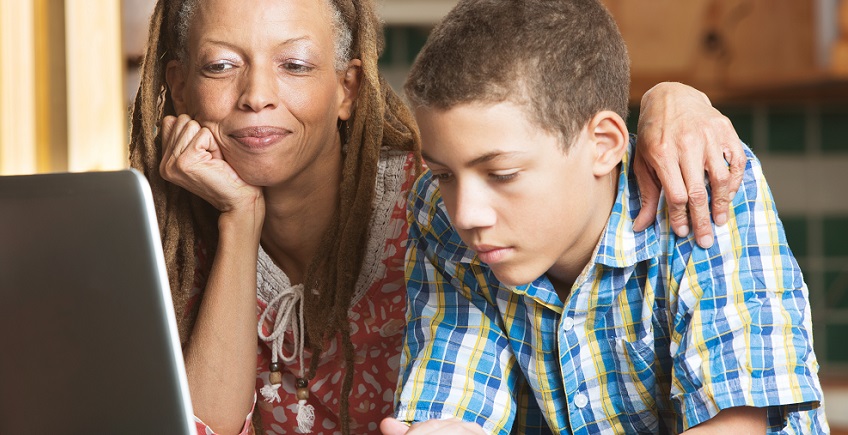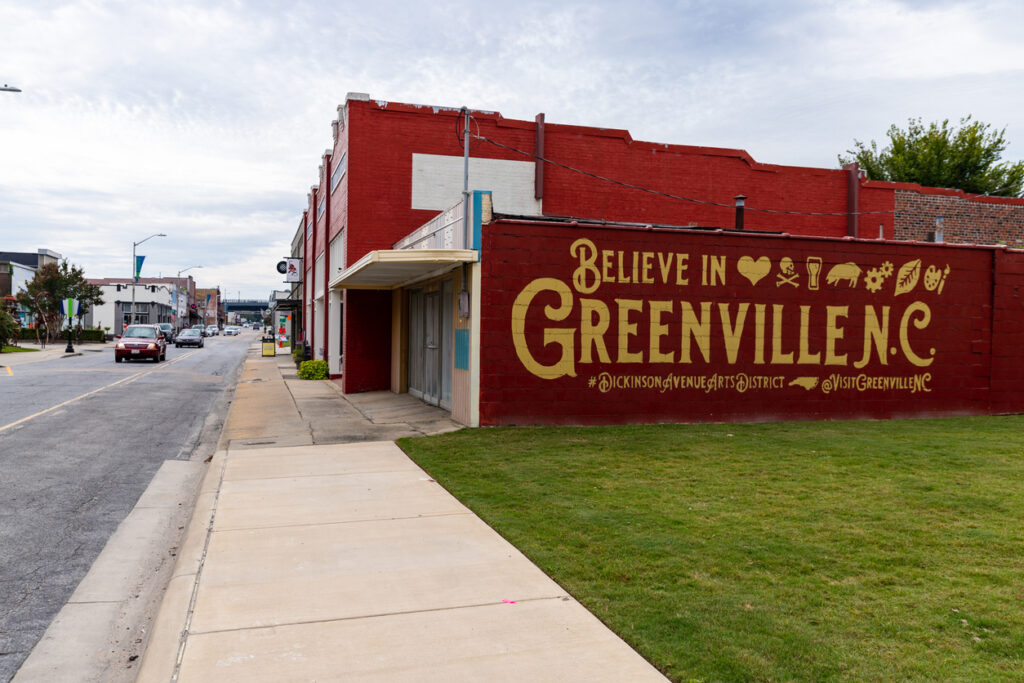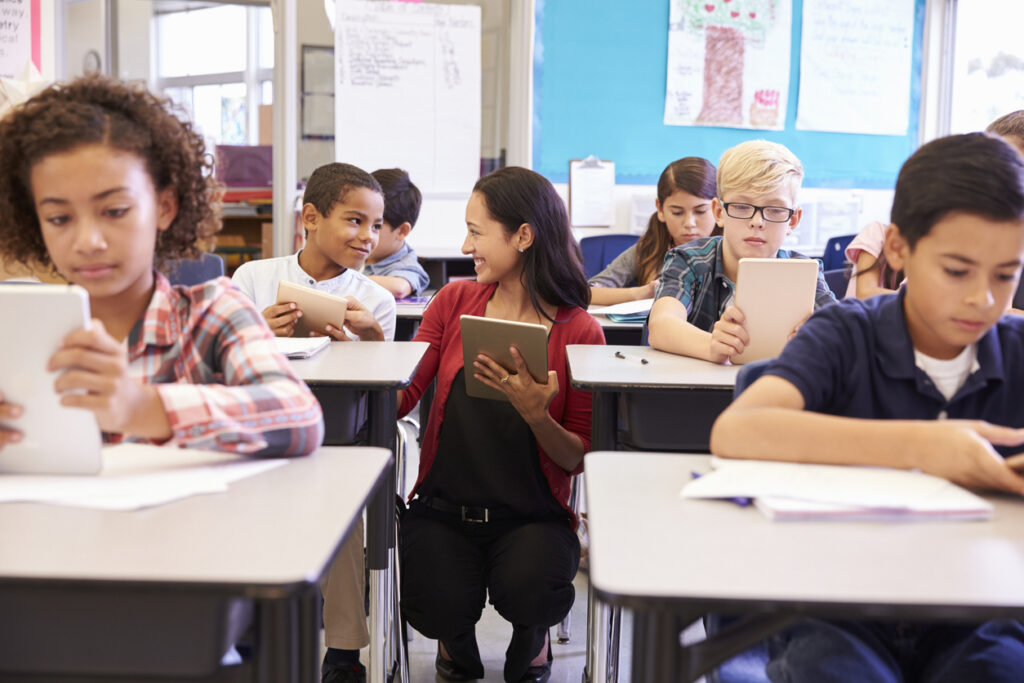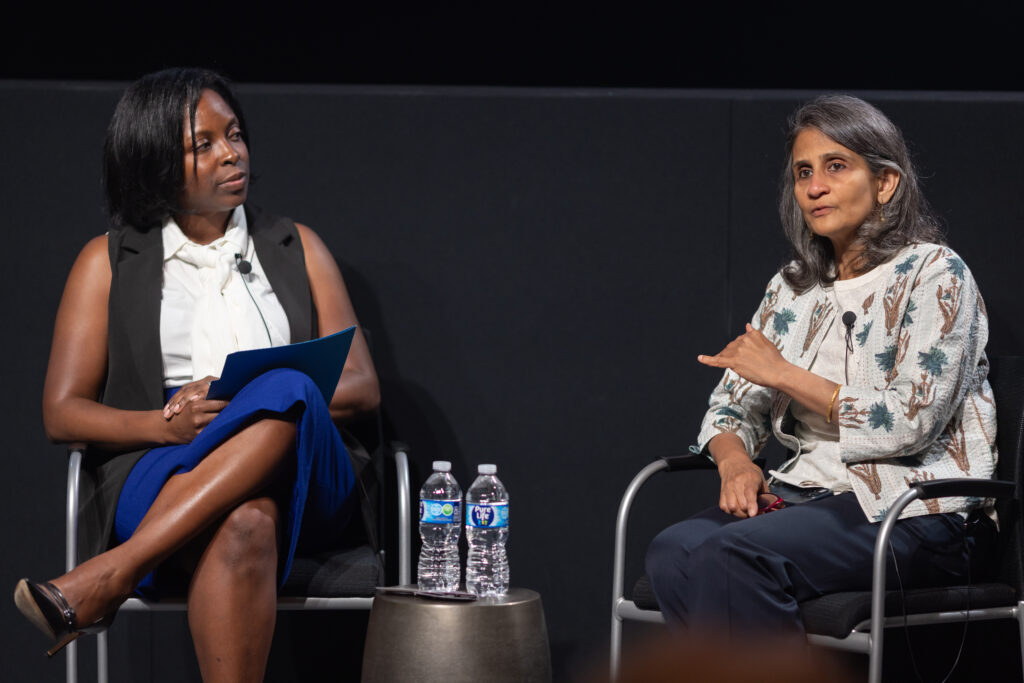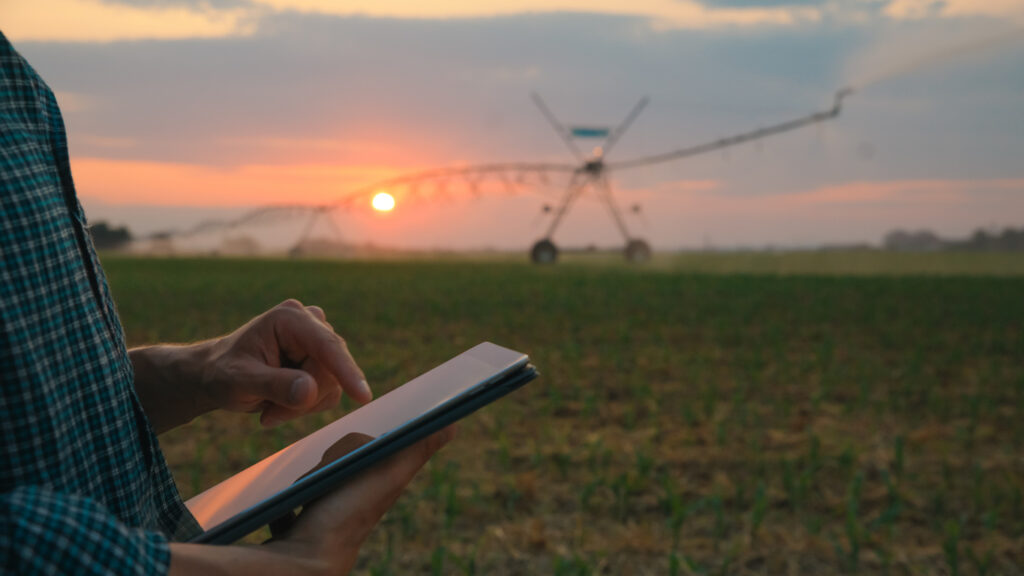To check the latest findings on nationwide broadband network performance during the pandemic, go to the NCTA COVID-19 dashboard.
The cable industry has long been committed to closing the digital divide through its numerous broadband adoption programs, community initiatives, and school partnerships. But as the COVID-19 pandemic continues, America’s broadband leaders have doubled-down on this commitment to address the education crisis that the country is facing right now. With many schools still either closed or in a hybrid learning mode, cable operators have been stepping up since March to provide free and low-cost internet options for unconnected students to continue their learning online, and to ensure that low-income families are aware that these options are available to them. To help scale some of these successful models occurring across the country, NCTA and EducationSuperHighway launched the K-12 Bridge to Broadband initiative earlier this month, which includes NCTA members Comcast, Charter, Cox, Mediacom, Midco, Sjoberg’s, and Vyve. Together, they offer broadband service to approximately 80% of homes in the U.S.
But cable operators also continue to invest in various efforts to get families online and up to speed on remote learning. Charter relaunched its Remote Education Offer this month that it had first launched in March, which includes 60 days of free internet and Wi-Fi for unconnected households with K-12 kids, college students, and teachers. Comcast also recently started a multiyear program that will launch more than 1,000 Wi-Fi-connected “Lift Zones” in community centers nationwide so that students and families can access the connectivity and resources they need. These are just two of many examples.
And just yesterday, Cox announced that the ISP will pledge $60 million over the next year in an effort to bridge the digital learning gap. As part of this commitment, eligible new customers that sign up for Cox’s successful broadband adoption program, Connect2Compete, will receive the company’s low-cost internet plan for two months free and then pay $9.95 per month thereafter. So far, Cox has connected over 750,000 people to the internet since the program’s inception.
Through the use of CARES Act funds, Cox is also working with school districts, including Clark County School District in Las Vegas, Nev., to get students and teachers connected and equipped with the technology necessary to conduct virtual learning during the pandemic. Jesus Jara, the school district’s superintendent, explained that as the fifth largest school district in the country, they entered crisis mode when the pandemic hit. Fortunately, after its collaborative efforts with Cox, Jara reported that as of this week, 98% of the district’s students now have internet access. The district and Cox continue their efforts to connect the remaining students. “I’m really excited about the partnership and the work that we’re doing,” said Jara. “It’s been a labor of love from our entire community.”
“I can’t think of anything more important than ensuring that this learning connection for our kids gets our attention at this time,” said Cox President & CEO Pat Esser. “It’s not just about getting homework done anymore. It’s about giving our kids the ability to show up and to participate.” Esser also explained that Cox’s approach to getting this accomplished has been by ensuring that the network has sufficient capacity to serve communities through the ISP’s footprint, and by identifying those families in greatest need of internet connectivity.
“Our network, our industry, is performing extremely well even with the tremendous increase in use,” Esser remarked. “We’ve demonstrated that our network has the capacity to serve our communities even when people are working and learning from home at accelerated rates.” Esser added that Cox’s network has experienced two years worth of traffic growth in the past five months alone.
“We are all taking on this challenge of remote learning. New trails are being blazed every day,” said Esser.
“Taking classes online is not ideal, but it is a critical and indispensable part of the public health effort to getting the disease under control. Such a response would not be possible without America’s broadband networks, and we are continuing to do everything we can to keep students connected,” said NCTA President & CEO Michael Powell. “Can we really close the digital divide? Yes, we can. But it will take a community of partners, an immense amount of hard work, serious, long-lasting commitment, and an enormous amount of resources. I’m proud that the cable industry is leaning into that commitment, and that companies like Cox are lighting the way.”
Check back for more news on how cable ISPs are working with schools in every part of the country to get their students online.

